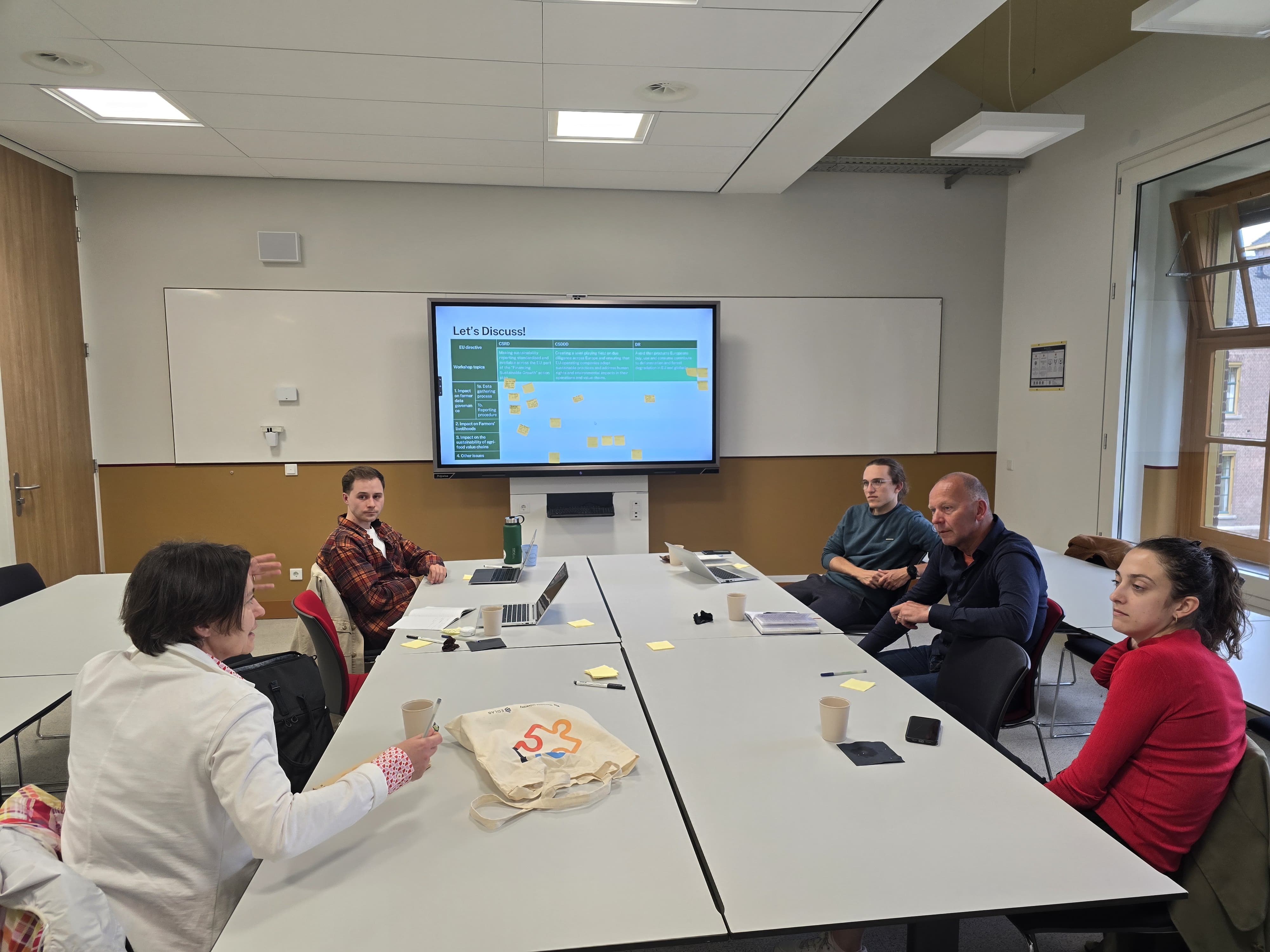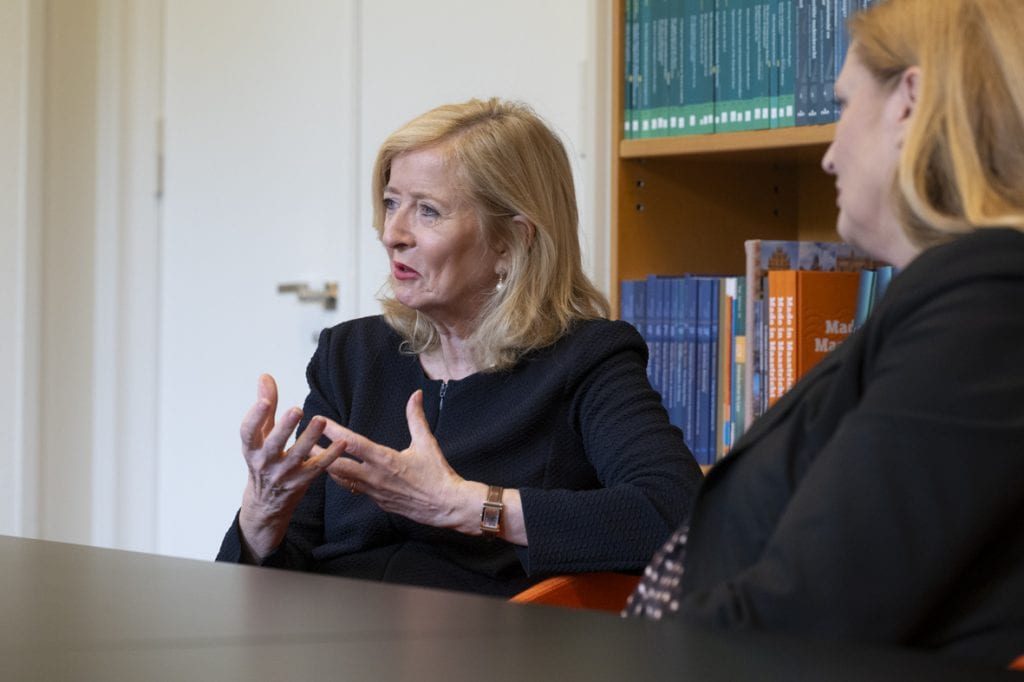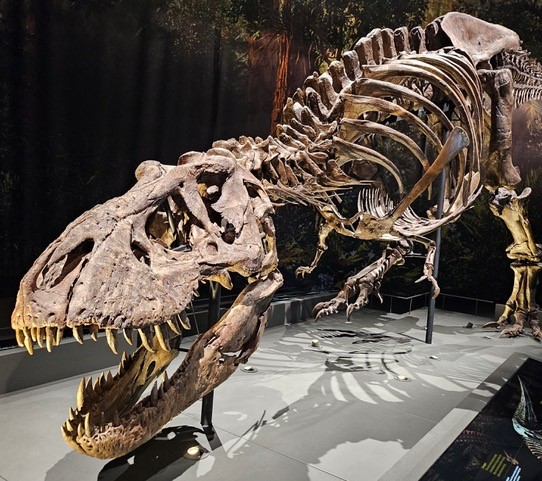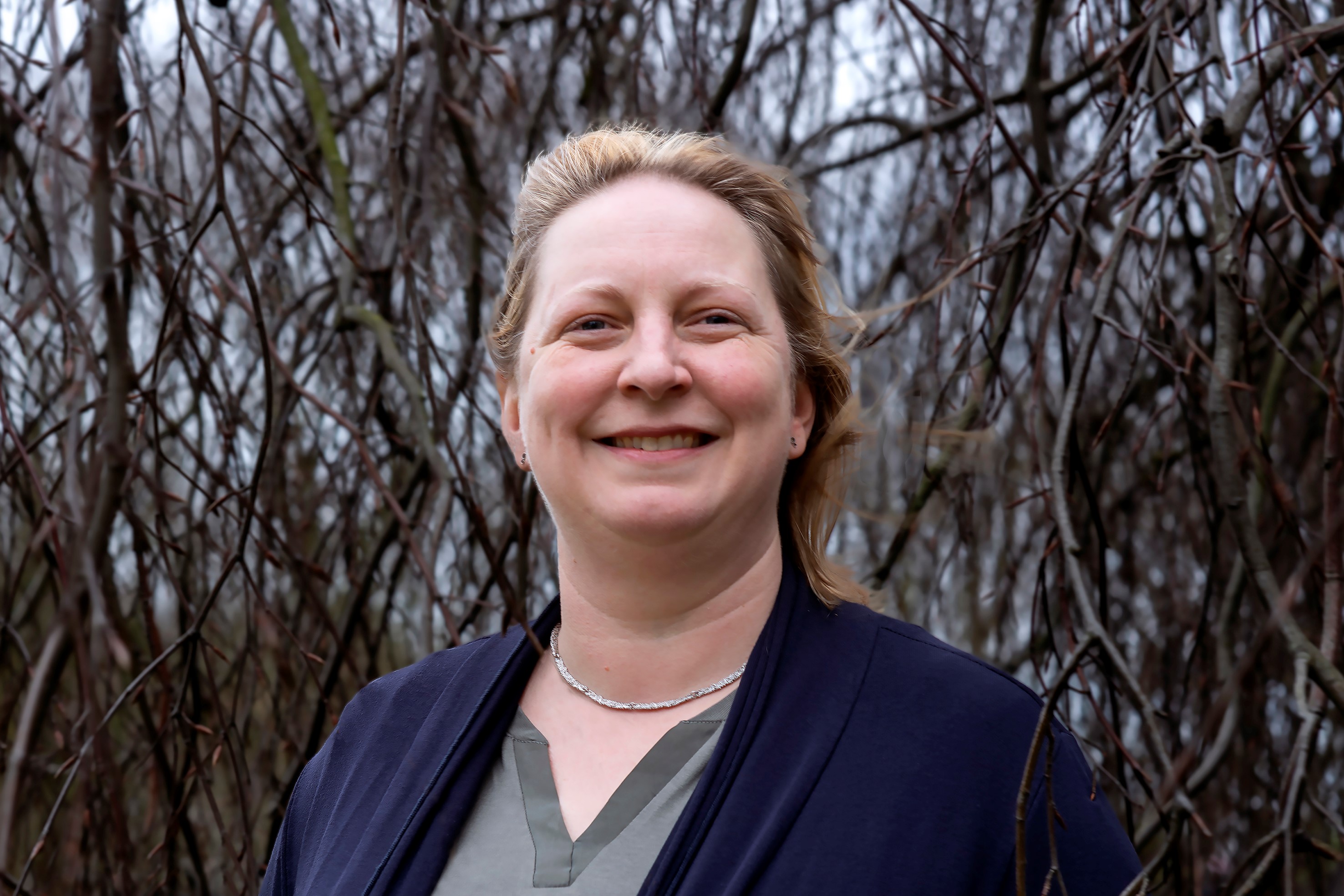FSD Workshop on EU Regulations, Smallholders and Data Collection
On June 12th, the research spearhead Fair & Smart Data (FSD) hosted an internal workshop to explore the impact of various EU regulations on agrifood value chains. This workshop focused on exchanging knowledge and a first assessment for further research regarding the effects of those regulations on farmer data governance, farmers’ livelihoods, and the sustainability of their farming and land use practices.

Focus of the Workshop
The workshop focused on three key EU legislative mechanisms: the Corporate Sustainability Reporting Directive (CSRD), the EU Deforestation Regulation (EUDR), and the Corporate Sustainability Due Diligence Directive (CSDDD). We engaged in discussions and generated insights on these topics from different perspectives. Additionally, we explored how these regulations intersect with FSD’s research areas and identified potential research topics for further exploration.
Key Discussion Points
CSRD (Corporate Sustainability Reporting Directive)
Discussions around the CSRD highlighted the potential for data standardisation and interoperability, which are essential for effective sustainability reporting. Moreover, participants noted the challenges auditors face due to varying internal company processes. The long-term impact of CSRD, particularly regarding transparency, was a recurring theme and is a topic that should be further studied.
Questions Raised:
- Does the CSRD require direct data collection from farmers?
- How will the changing internal processes within companies be addressed?
EUDR (EU Deforestation Regulation)
The EUDR discussions emphasised the importance of preventing the negative impacts of data collection on farmers, especially remote sensing and satellite imagery. In addition, traceability within the supply chain emerged as a significant issue. Measures to ensure compliance and create value for companies were discussed, mainly focusing on whether compliance with the regulation can positively impact businesses and farmers.
Questions Raised:
- What are ways to collect the necessary data, and at which point is farmer involvement needed?
- Are there quality requirements for data collected from farmers?
- How can compliance with EUDR be made strategic and valuable for companies?
- How does the regulation affect a company's carbon footprint?
CSDDD (Corporate Sustainability Due Diligence Directive)
CSDDD discussions focused on the benefits and challenges for farmers working with EU companies. Similar to the EUDR, the potential for value creation through compliance for farmers and companies was highlighted. Participants raised the issue of whether these regulations can be seen as strategic opportunities or merely compliance burdens.
Questions Raised:
- Are farmers better off working with EU companies due to these regulations?
- Can compliance lead to value creation for both farmers and companies? If yes, how?
Other Insights
Power of Disclosure: The disclosure associated with CSRD is expected to bring long-term transparency, though its immediate effects may not be visible yet. Moreover, the regulation requires companies to change their internal processes, which can be challenging. Thus, the potential for significant behavioural changes within companies was also discussed, including scepticism about the market and shareholders' interest in the additional disclosures.
Data Collection Challenges: Data collection poses significant challenges, especially in fragmented supply chains like cocoa. Furthermore, it was noted that some middlemen resist efforts to comply with transparency standards as their business models are based on this complexity. Moreover, the high frequency of switching suppliers in agrifood companies further complicates consistent data gathering. However, some supply chain actors might have a competitive advantage if they invest in standardised data collection from farmers and focus on long-term collaborations.
Assurance and Compliance (CSRD): Ensuring compliance with the regulations involves testing internal control systems and data collection from various sources. The workshop participants mentioned the risk that suppliers are unable to meet data requirements and, therefore, might be dropped by EU companies. As assurance can also entail positive unintended outcomes, the regulations' potential positive or negative consequences should be further explored.
Decarbonisation: The participants broadly discussed the implications of CSDDD and EUDR on Scope 3 emissions. Exploring and understanding these effects might help companies see the regulations' benefits, as they might help them achieve other sustainability goals outlined in their annual reports.
Conclusion
The workshop provided insights into the complexities and opportunities presented by CSRD, EUDR, and CSDDD. Moreover, it highlighted the long-term implications of these regulations on agrifood value chains and smallholder farmers, which must be further explored from different angles to get a fuller view of potential adverse impacts.
Next Steps
Based on the discussions and ideas explored in the workshop, FSD aims to investigate further how the regulations enacted as part of the EU Green Deal might affect the lives of smallholder farmers. Follow-up workshops and bilateral discussions will be planned to continue this critical dialogue. Furthermore, potential thesis topics for interested students will be offered, which will help to explore those topics in greater detail.
If you are interested in collaborating with us in this field, please feel free to get in touch with us via e-mail: fsd-sbe@maastrichtuniversity.nl

Also read
-
Emily O’Reilly has held the position of EU Ombudsman for over a decade, ensuring the transparency of the EU institutions by investigating high-profile cases of maladministration and promoting good governance. On June 20, 2024, she gave a keynote address at the conference “Between narratives and...
-
Article "T. rex is Fierce, T. rex is Charismatic, T. rex is Litigious: Disruptive Objects in Affective Desirescapes" by Donna Yates and Emily Peacock presenting T. rex fossils as disruptive objects that can drastically influence the actions and reactions of humans that encounter them.
-
"I am proud that our new Circular Plastics group published its first completely in-house research," Kim Ragaert says. She founded the research group three years ago, when she moved to Maastricht. Her work has laid the foundations for many innovations in the field of plastic recycling, and she is...


